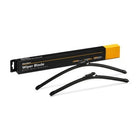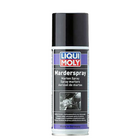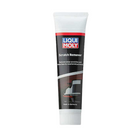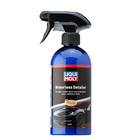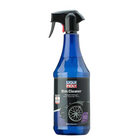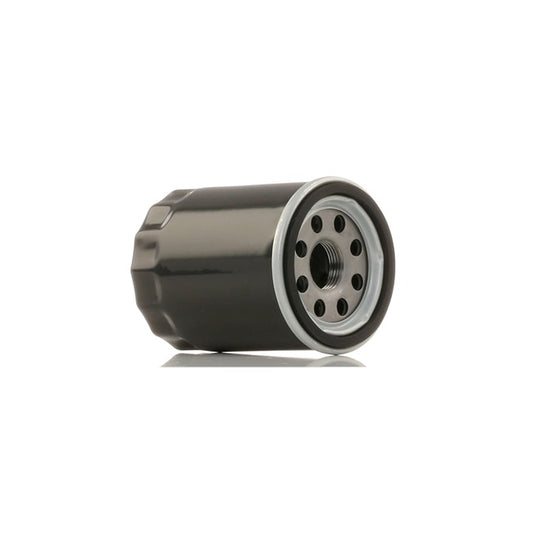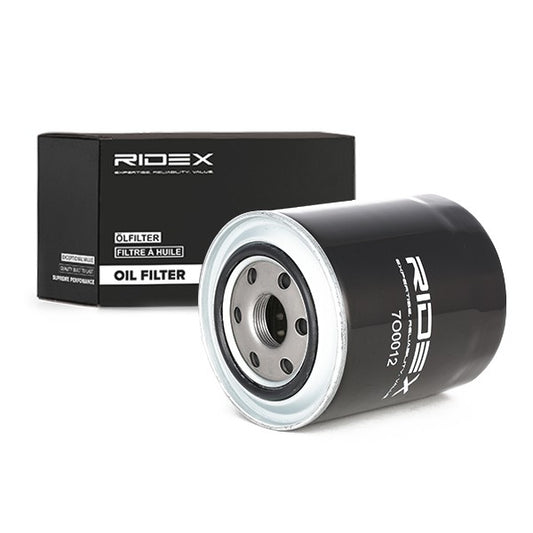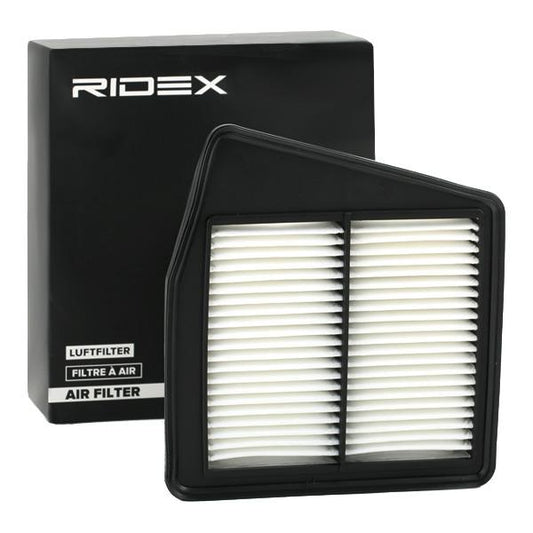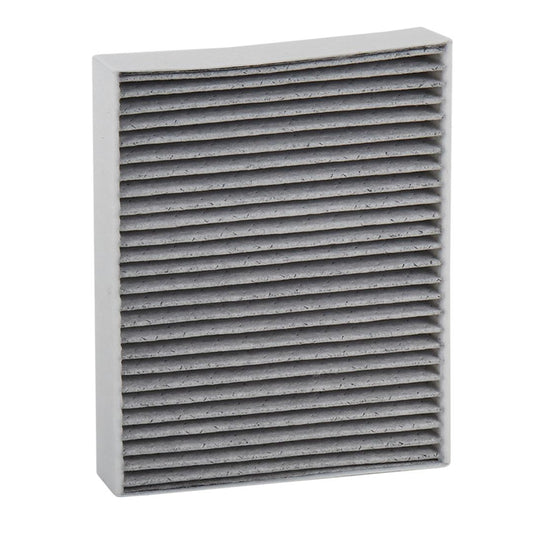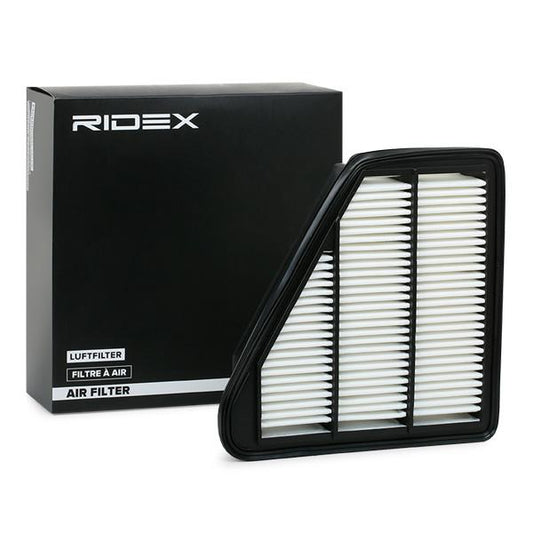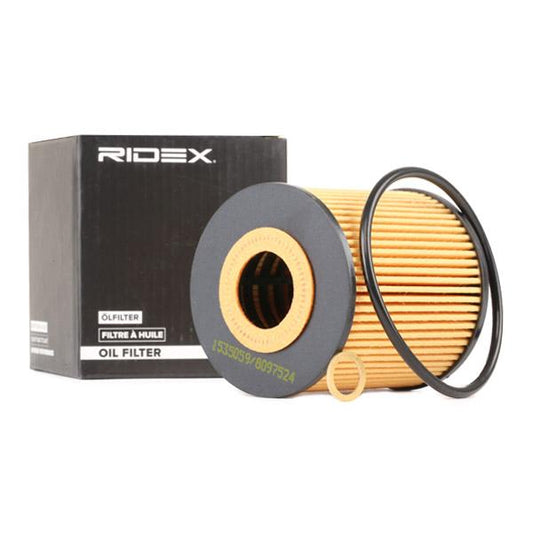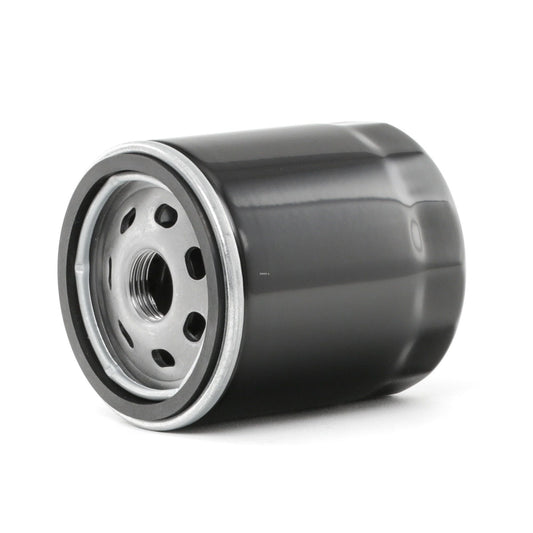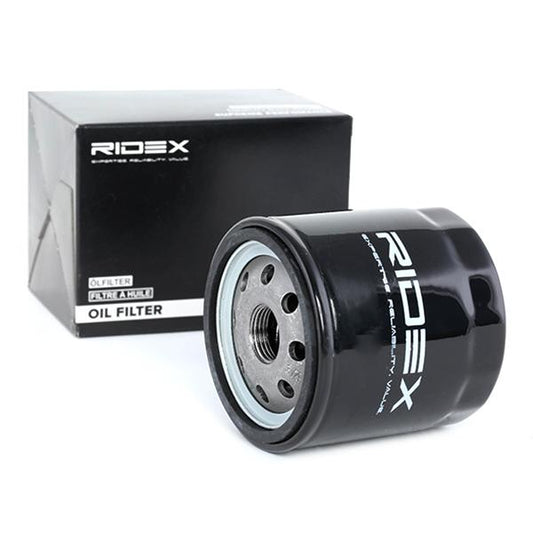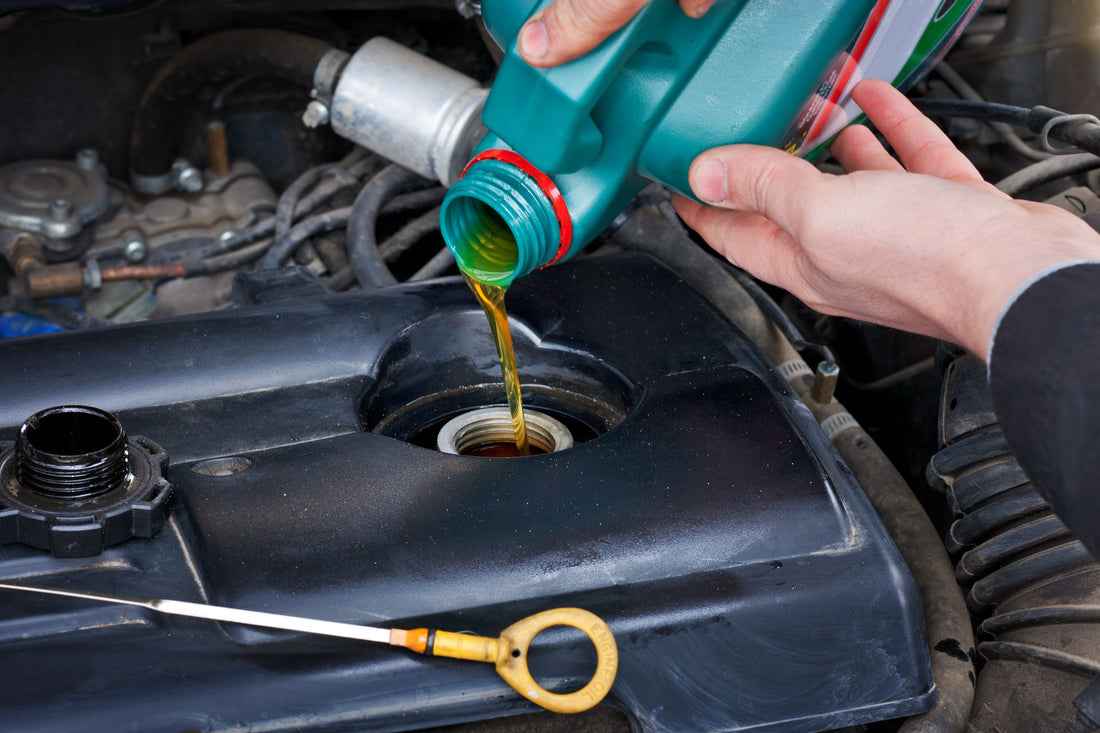
Optimizing Engine Health: Striking the Right Balance Between Time and Mileage in Oil Changes
Singh RamsurnsingMaintaining the health and durability of your engine hinges on the routine task of oil changes. However, a common debate arises: which is more crucial—adhering to set time intervals or tracking mileage?
This article delves into the significance of both factors, exploring their distinct impacts on engine performance and longevity. By comprehending these dynamics, drivers can make well-informed decisions to ensure the optimal maintenance of their engines.

Time Intervals for Oil Changes:
Significance: Time intervals are defined by the duration between oil changes, independent of the distance covered. This is critical because oil naturally degrades over time due to factors such as oxidation, moisture accumulation, and depletion of additives. Regularly changing the oil at recommended time intervals is key to preserving its lubricating properties and safeguarding engine components.
Implications: Neglecting timely oil changes can lead to reduced lubrication, diminished engine efficiency, increased wear on components, and potential engine damage. Over time, the oil's ability to lubricate and protect vital engine parts diminishes, compromising overall performance and longevity.
Mileage-Based Oil Changes:
Significance: Mileage-based changes revolve around the distance traveled between oil changes, recognizing the variability in driving conditions and usage patterns. This approach acknowledges that oil degradation may occur more rapidly under certain circumstances, such as increased engine stress, heat, and contamination.
Implications: Disregarding mileage-based oil changes can result in insufficient lubrication, heightened friction, inefficient engine performance, and decreased fuel economy. Accumulation of contaminants like dirt and metal particles over time compromises the oil's ability to safeguard critical engine components.
Balancing Time and Mileage:
Manufacturer Recommendations: Consulting the guidelines provided by the vehicle manufacturer is crucial for determining optimal oil change intervals. Manufacturers consider various factors, including the type of oil used, driving conditions, and engine design, to provide comprehensive recommendations for both time and mileage.
Severe Driving Conditions: For drivers frequently facing severe conditions such as extreme temperatures, stop-and-go traffic, towing, or off-road driving, adhering to shorter intervals for both time and mileage is advisable. Severe conditions accelerate oil degradation, necessitating more frequent oil changes to maintain engine health.
Regular Maintenance: Regardless of time or mileage, consistent and proper maintenance is essential. This includes using the recommended oil type and grade, ensuring the correct oil filter is used, and inspecting vital components such as the air filter and coolant levels during oil changes.

Oil changes for BMW:
To ensure your BMW operates at its peak performance and enjoys a long lifespan, it's imperative to use the correct oil type tailored to your vehicle. The specific oil required varies based on the BMW's engine type and model.
In the case of BMW's latest models, synthetic oil is typically the go-to choice. Known for its exceptional lubricating properties and extended lifespan compared to traditional oils, synthetic oil is favored by many BMW owners. Specifically, TwinPower Turbo engines in several recent BMW models demand synthetic oil that complies with BMW's Longlife-01 standards.
For older BMW models, conventional oils are acceptable. However, it remains crucial to select high-quality oil meeting BMW's specifications. To ensure smooth engine performance, BMW recommends oils that fulfill the LL-01 and LL-04 specifications, tailor-made for these specific models.
Moreover, when selecting oil, pay close attention to viscosity. BMW advises adhering to the viscosity outlined in the owner’s manual for optimal engine performance. This attention to detail ensures that your BMW operates seamlessly and maintains its longevity.
Conclusion:
Maintaining a balance between time and mileage is crucial for effective oil changes and ensuring the health of your engine. Time intervals address aging and additive depletion, while mileage-based changes consider driving conditions and contaminant buildup. Adhering to manufacturer recommendations and accounting for specific driving conditions ensures an optimal balance. By embracing suitable oil change intervals, drivers can secure adequate lubrication, shield engine components, enhance fuel economy, and extend their vehicle's lifespan. Regular maintenance, including timely oil changes, remains fundamental for responsible vehicle ownership, fostering optimal performance and longevity.

